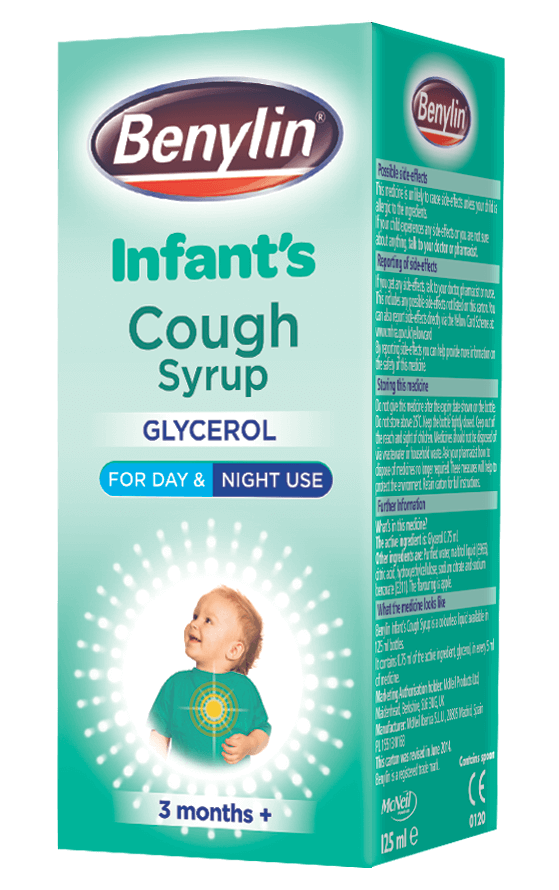Best Thing For Baby Chesty Cough

If the cough is worsening after the first few days or if it lasts longer than four weeks or if it is associated with difficulty breathing coughing up blood or persistent fever then the child needs to be seen and evaluated in person by a doctor to.
Best thing for baby chesty cough. A chesty cough you may cough up green or yellow mucus. It is a triple threat to pathogens killing bacteria viruses and fungal infections. Some chest infections are mild and clear up on their own but others can be severe and life threatening. A baby or toddler may pull or rub at an ear.
One of the hardest to contend with is the chesty cough. If your baby or toddler is sniffling or coughing try. While not life threatening it can affect your quality of life and even lead to complications. Cough and cold medicines that are safe for grownups can cause serious side effects even life threatening ones in children under age 2.
But while reaching for the medicine. If the person with the chesty cough is under two years old. If your child has earache with or without fever you can give them paracetamol or ibuprofen at the recommended dose. Check if you have a chest infection.
Believe it or not a runny nose can be a good thing. But when your baby has too much mucus it can give him a stuffy head it can also make it hard to. Here we ll share home natural. Other possible symptoms include fever irritability crying difficulty feeding restlessness at night and a cough.
We describe simple natural home remedies that can help to relieve mucus and. There are some reasons that a cough should be evaluated by a doctor. A chest infection is an infection of the lungs or large airways. Visit our provider directory to find a primary care doctor or pediatrician.
It may sound gross to mask your sweet baby s smell with homemade garlic ointment but garlic has strong antimicrobial properties. Home remedies for baby cough and chest congestion. Dry tickly and mucus are just a few of the types of cough which circulate round this time of year. The main symptoms are.
Chest infections often follow colds or flu. Mucus in the chest can cause discomfort and symptoms such as coughing wheezing sleep difficulties and a sore throat. If you cough up mucus of any colour especially frothy pink or dark green. If you have a high temperature above 39 c if your cough has changed such as from a dry cough to a chesty cough.
It also helps to clear up chest congestion.














































